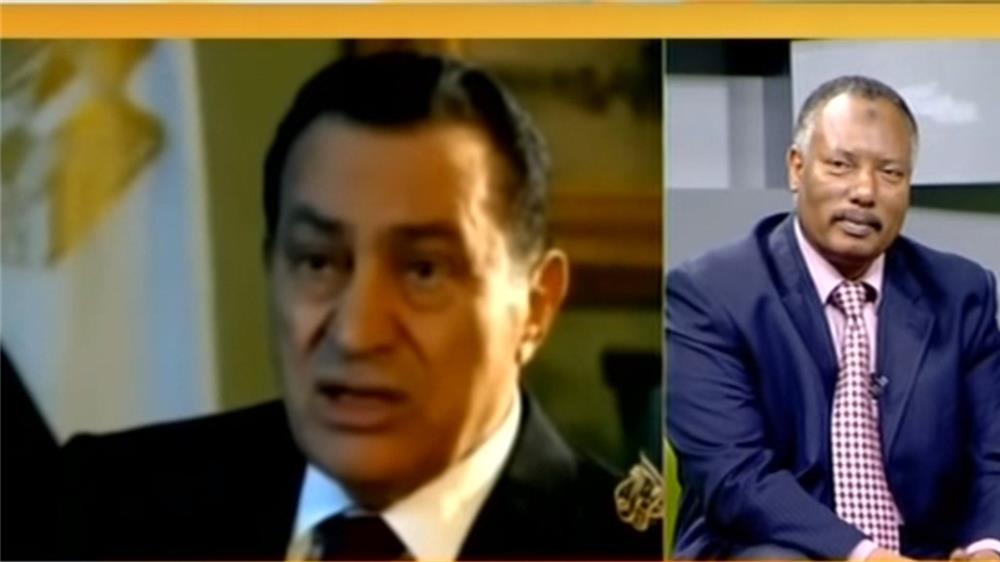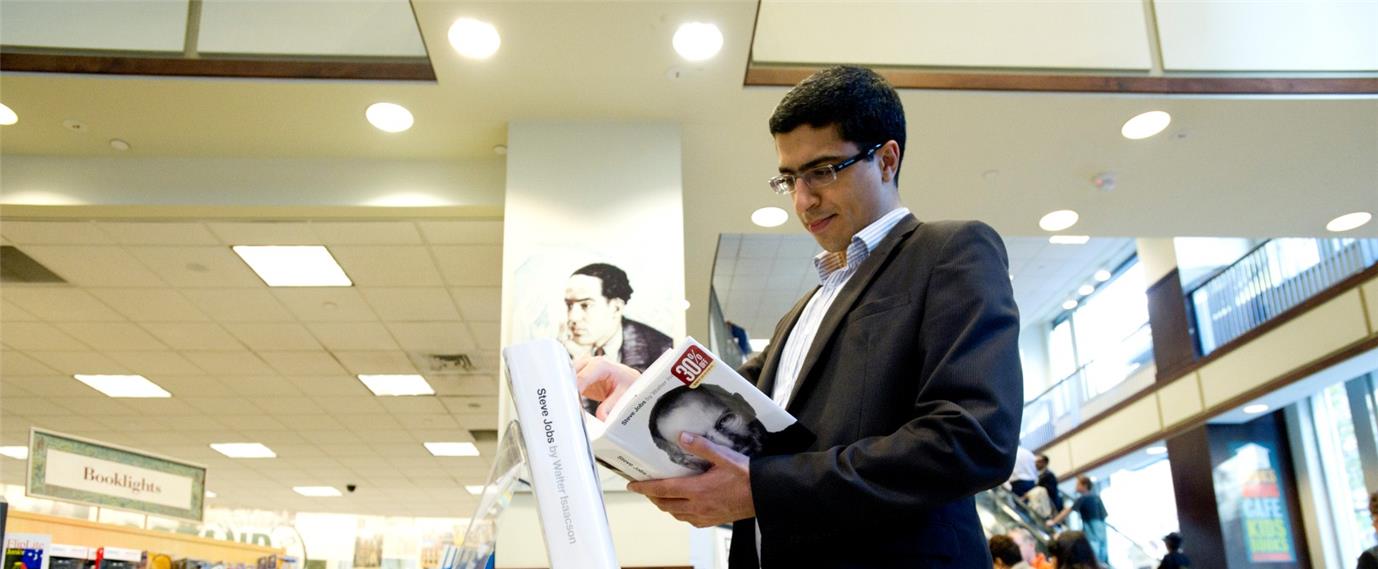ما الذي يجمع بين مصطفى أمين ومحمد حسنين هيكل وبين"جوقات تطبيل" تتصدر بعض الفضائيات حاليا؟
إنه توصيف "الإعلامي" أو "الصحفي". رغم بون شاسع في المرجعية الثقافية والفكرية لمكونات المجموعة الأولى وأشباهها. في مقابل ضحالة وركاكة وسطحية خلَّفها "المطبلون الجدد" ربما تترك ندوبها على مهنة الإعلام لسنوات.
مشهد أقرب لاستعارة توصيف معدَّل من الشاعر حافظ إبراهيم:
لقد كان "الجهل" فينا فوضى فهذبت
حواشيه حتى صار "جهلا" منظما
هل يمكن لكلا الفريقين أن ينتمي لثقافة إعلامية واحدة؟ وتنهل من معين مهني واحد؟ وفي ظل حالة الالتباس هذه كيف يمكن إعادة الاحترام والاحتراف في شقه المعرفي لحامل وصف الإعلامي؟
والأهم -وهو ما تناقشه هذه المقالة- هو ما المطلوب من الإعلامي المعاصر لرفده بثقافة تعيد للإعلام ألقه وللإعلامي واحدة من أبرز مقوماته؟
بين الكم والنوع
يزداد إلحاح سؤال المكون المعرفي للصحفي مع دخول واسع لميدان الإعلام من ميادين منوعة لم تتخرج من كليات الإعلام ولم تقرأ الكثير عن تاريخها ومزالقها. بعض هؤلاء شباب وجد نفسه فجأة في ميادين الصحافة وضروبها عبر بوابات التواصل الاجتماعي أو الأزمات السياسية التي حفلت بها المنطقة مؤخرا.
الحرج في طرح هذه القضية رغم أهميتها يظل في صعوبة البحث عن تعريف جامع مانع للثقافة وتعدد المشارب فيها رغم اتساع التعويل عليها في متطلبات العمل الصحفي.
وتزداد صعوبة الأمر مع العصرالرقمي الذي أصبحت المعارف فيه ملقاة على قارعة الإنترنت وبنقرة زر واحدة.
يترافق هذا المحتوى الغزير مع شح في إرادة الثقافة أو إعراض عن مناهلها وكأنه إعمال مشوه لقاعدة "كلما زاد العرض قل الطلب".
ويدرك كل من عمل في مجال اختيار الصحفيين اليوم أو تنقيح طلبات العمل أن حالات كثيرة تجمعت لها أركان النجاح المهني لكنها فشلت أمام أول سؤال في الثقافة العامة ، فما هو المطلوب؟
أن تعرف كل شيء عن شيء ما
على مدى العقود الماضية كانت هذه العبارة تلخص المثقف إلى حد كبير وتقدم وصفة سهلة تصلح لتوصيف ما يحتاجه الصحفي وربما لا تزال قادرة على ذلك.
لكنها وهي تقدم الحل تطرح تحديا آخر فما هو "الشيء" الذي يحتاج أن تعرف عنه كل شيء وما هو "الشيء" الذي تحتاج أن تلم به لماما.
اللغة أولا
في التفاصيل ربما تظل اللغة العنصر الأول الذي لا يمكن الاستغناء عنه أو التنازل عنه أو التفريط فيه، فهي الأداة التي ينطلق منها الصحفي في بيان فكرته.
لحسن الحظ فإن مصادرها محفوظة متاحة توفر لطالب الثقافة معينها متمثلة في القرآن الكريم وصوره البيانية غير المحدودة وعباراته المتنوعة.
توصف عبارته أحيانا بأنها كالدرة التي تضيء المتن وترفع سوية النص. وليست هذه دعوة بالطبع لتغليب البلاغة على نص صحفي يراعي فهم معظم القراء أو السامعين ولكن النص القرآني يحمل معه عادة ظلاله التي تلخص الكثير في كلمة واحدة.
حين أقابل الكثيرين ويدور الحديث عن الجزيرة واقعا وتجربه يثور في كثير من الأحيان سؤال عن تقرير واحد مميز للزميل فوزي بشرى إثر إعلان إسقاط مبارك.. إنه التقرير الذي بدأه بقوله تعالى "اليوم ننجيك ببدنك".
وبغض النظر عن الجدل بشأن هذه الاستعارة فقد تركت أثرا وربما جدلا بين معجب بها ومقتف لأثرها وبين ناقد معترض.

المكتبة الشعرية
ويظل الشعر سجلا للعرب وجامعا للكثير من حكمتهم، وبقدر الإلمام بهذا السجل يتفاوت المثقفون في التعبير عن أفكارهم أو تصوير مرادهم.
إن التبحر في الصور الشعرية وإن كان يضفى لمسة من الخيال عادة على النص فإنه كما يقول "آلان ليتل" من محرري "بي بي سي" يمكِّنك من "ناصية اللغة ويمنحك القدرة على تطويعها" حسب احتياجاتك.
ويعبر عنه أنيس منصور حين يقول في وصف مؤلف يشهد له بالبراعة بأن "معلوماته كثيرة وحاضرة وعبارته حية وصادقة فهو كقائد جيش يعرف جميع أفراد جيشه بالاسم ويستدعيهم واحدا واحدا في الوقت الذي يريد.
الكاتب الجيد هو قارئ جيد
قد تتعدد وصفات التميز الثقافي ولكن لسوء الحظ فإن لازمة ستظل حاضرة دائما هي أنه "لتكون كاتبا جيدا فإن عليك أولا أن تكون قارئا جيدا".
ويزداد التحدي صعوبة في عصر انتشار المعلومة لكنه يعوض ذلك بسهولة الحصول عليها مقارنة بقرع أبواب المكتبات خلال العقود الماضية.
اللغات الأخرى
انتشار المعلومة أورثنا كصحفيين تحديا آخر ففي عصر انفتاح الثقافات لم يعد الخطأ المعرفي يمر مرور الكرام.
خلال الشهر الماضي حفلت وسائل الإعلام بمفردات ثلاث. أدركنا كإعلاميين أن علينا أن نتعامل معها كما ينطقها أهلها وليس كما درجنا على نطقها في مرحلة ما قبل الانفتاح الثقافي.
محمد علي كلاي
نهر السين في فرنسا
وبرج إيفيل في باريس
لكل منها حكاية في تحوير النطق على مدى عقود لكنها ذكرتنا وعلى نحو غير مسبوق بأن علينا أن نسعى للنطق الصحيح والمعرفة الأصح لما نتداوله كي لا يشكل علينا حرجا في قادم الأيام.
وفي عالم تتسع اهتماماته وتغطياته فإن تنوع اللغات تصبح قيمة أساسية تضاف إلى المعرفة الصحفية وتمنح صاحبها تميزا وقدرة على الفهم والتحليل وتجنب الأخطاء.
إن انتشار المصادر المترجمة وحتى آليات الترجمة الإلكترونية ساهمت للأسف في انتشار الخطأ والتساهل فيه وهي تفرض يوما بعد يوم معرفة أفضل باللغات الأخرى لمواجهة زلاتها.
الثقافة في اختبارات التوظيف
في عصر التنافس الواسع بين المحطات على اجتذاب الكفاءات في التوظيف، لم يعد اختيار الثقافة واختبارها قرارا شخصيا بل أصبح مطلبا ملحا من متطلبات التوظيف.
على مدى العقدين الماضيين اطلعت على سلسلة من اختبارات القبول في المؤسسات الإعلامية، وكما هو متوقع فإن المتطلب الثقافي يظل على رأس المتطلبات.
يعبر عنه أحيانا بأسئلة عن اللغة وتارة بأسئلة عن الواقع الراهن وثالثة بأسئلة من التاريخ وهي في مجملها تشكل بوابة للتصفية للمقارنة بين متقدم وآخر.
القائمون على هذه المؤسسات يدركون من خلال هذه الاختبارات أن المكون الثقافي المعرفي والحرص على تراكميته يشكل رافدا أساسيا في العناصر التي يتطلعون للاستثمار فيها.
هذا جبنا إلى جنب مع القدرة على التحليل وحسن اتخاذا القرار في الاختيار للمادة الإخبارية وصياغتها.
وللرقمية متطلباتها:
في مرحلة تشهد فيها الصحافة الورقية ضمورا وتراجعا تبدو المتطلبات الرقمية منهجا إجباريا على صحفيي المستقبل.
ولحسن الحظ قد يكون هذا متطلبا شاعت الخبرة فيه وأصبحت من متلازمات جيل اليوم.
فالعلم بأسواق التواصل الاجتماعي وحركاتها السريعة وتفاعلاتها لم يعد مما يعذر فيه الإعلامي خاصة وأن انعكاساتها تتضح يوما بعد آخر على المهنة وتعيد صياغة مفهوم الإعلام عما كان عليه منذ نحو ربع قرن.
كما أن معرفة مكونات الرقمية ومفرداتها والولوج إلى عالمها وحفظ ملفاتها من الاختراق وضروراتها الأمنية تزداد أهميتها لكن مصادرها تزداد سهولة والمعرفة بها أصبحت من مقتضيات الكثير من المهن ناهيك عن الإعلام.
بين منهجين
كشأن التنظير في قضايا عديدة سعت هذه المقالة لإثارة الجدل في النظر لثقافة الإعلامي. وقد لا تحسم هنا الجدل في جواز وصف فريق بالإعلاميين على حساب فريق آخر، -لكن حسب هذا النقاش- أن يترك لقارئه الاختيار في أن يحدد لنفسه المكان الذي يريد أن يحسب عليه في سجل المهنة حين يعاد كتابة تاريخها وصناعها في عالمنا العربي.












































